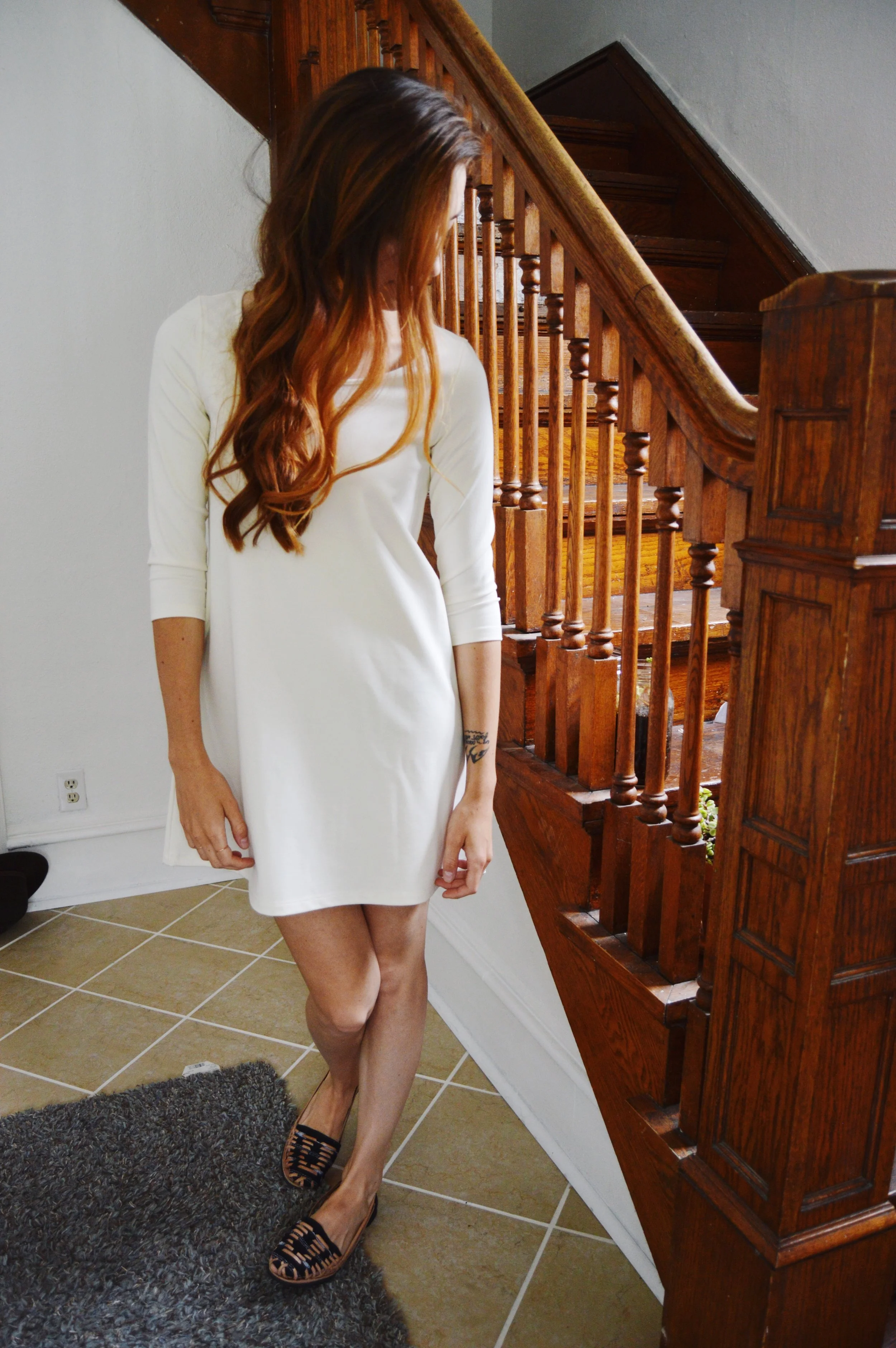Baby Peppers || Ethically Sourced Children's Goods
As a mom of two toddlers, shopping ethically for clothes for my kids has been one of the hardest areas of my transition into slow fashion. In the spirit of honesty, their closets are made up of very few ethically made items and, due to lack of availability and out of sheer necessity, I've turned to typical brands that you can pick up at Target or Wal Mart more times than I care to admit.
Kids grow QUICKLY and the amount of things they need makes slow, minimal living more of a challenge.
My goal is to highlight more family and children's brands on SL&Co. and I'm so excited to introduce Baby Peppers as the beginning of a new series of post. The Australian based brand was started by a mother who was frustrated by the lack of ethical options she could feel comfortable buying for her little one. Gaayathri, the inspiring lady behind Baby Peppers, has a passion for finding safe alternatives to fast fashion baby clothes, toys, and other products. They sell toys, bedding, storage, baby blankets, and basic clothes for little ones that are made with safe materials like cotton for their clothes, and fair trade wood for their toys.
For this introductory post, Gaayathri was kind enough to answer a few questions about how Baby Peppers got their start:
Can you give a bit of background behind how and why you started Baby Peppers?
Baby Peppers was born after the birth of our son as it really made me question some of the products that I was starting to get for him (such as cot bedding sets, toys etc). When I started doing more research, I found that it was virtually impossible for me to get the products that I really wanted where I was living especially in regional Australia. Also Baby Peppers was born out of nostalgia – a longing to bring back handmade vintage craft and slow fashion. By slow, we mean really slow. Such as hand block printing which could take days to weeks just to print one six metre running fabric depending on the intricacy of the design, weaving baskets which could take anywhere from four to ten hours depending on the size, and making organic vegetable dyes for wooden toys and fabrics.
Being of Indian descent, we had a natural affinity to source for the softest Indian cotton fabrics and vintage handmade products that we were so used to as children. The birth of our son inspired us to create our own online space – an avenue to showcase some of India’s finest artistry plus find ways to give back to small business communities in Australia and India.
What makes Baby Peppers different than other children's lines?
Baby Peppers is different from other chlldren’s lines as everything that we stock is 100% fair trade, ethically sourced, sustainable and handmade and we are transparent about what dyes and materials are used on all our products. Our Kalamkari quilts and elephant plushies are dyed with natural vegetable dyes and all our other fabrics are dyed with premium grade Azo-free dyes. The toys we stock are dyed with natural vegetable dyes and our handwoven basket range is made with 100% recyclable polyethylene - a great way to renew and recycle plastics. While many children’s lines are handmade and even organic, there is virtually no information about what kind of dyes are used on fabrics or where the fabrics are sourced from.
How has being in the ethical fashion industry changed your perspective?
It has changed my perspective from a disclosure issue in terms of what we are really disclosing to customers. Customers have the right to know how their products are made and where they are made and I think the ethical fashion industry is really gearing towards this sort of transparency to provide the customers with as much as information as possible about your manufacturing and working ethics. The organizations that we partner have no issues with any regulators conducting audits or surveillance on their premises as they are all 100% fair trade.
What's one thing you wish consumers knew about shopping ethically?
Shopping ethically does not equate to expensive goods. There is a lot of misconception out there that ethical shopping automatically means burning a deep hole in your pocket. While many ethical stores do charge premium prices, I believe that prices can be kept reasonable even while making sure that the fair trade organizations you are partnering with are complying with all the fair trade principles.
What's one fact that people might not know about you?
I am also a full time working mother and a fully qualified lawyer so it has been hard juggling an online business plus corporate life!










